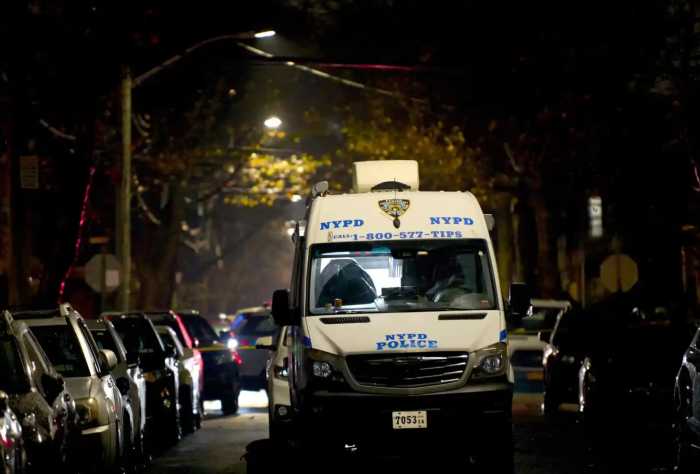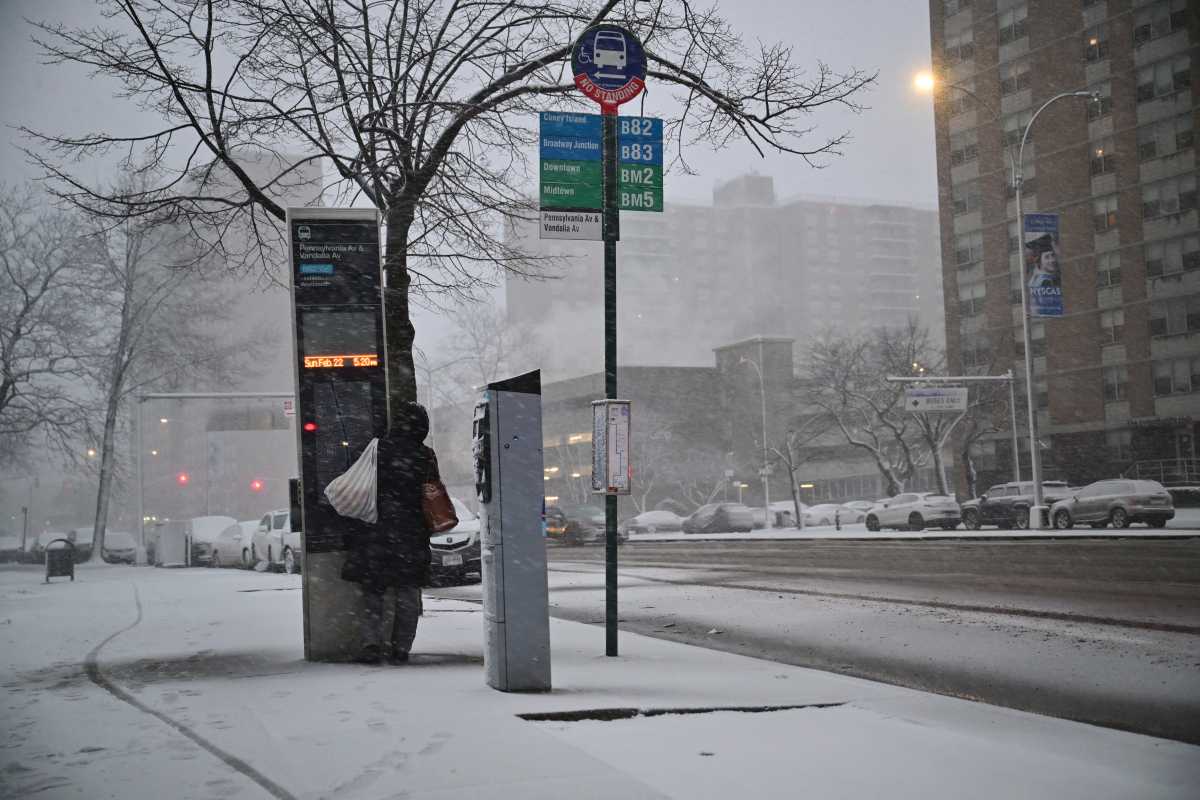New York City has long been a beacon of opportunity, but those of us who have lived in this city for long enough know that the path to a better future can be uphill. Recent rules regulating food delivery – an industry that many in our community have come to depend on seeking a chance to find their footing – have backfired, creating chaos and causing disproportionate harm to those who rely on this work every day.
We are witnessing these outcomes amongst the hundreds of young people that pass through our doors at the Greater Springfield Community Church in St. Albans, Queens. With open hearts, each member of our congregation finds ways to live up to a higher calling beyond our walls, and we invite people from all walks of life to praise and worship with us. But our mission extends beyond offering a safe space to worship, we also bring together congregants to share their hopes and ways to achieve a path to prosperity. From Jamaica to Rochdale Village to Laurelton and beyond, many are finding ways to get by and do the work that nourishes our city.
We know that delivery work is an inviting low-barrier earning opportunity for many in our congregation. So it’s been disappointing to see food delivery work continue to be caught between politicians and their incessant regulations targeting delivery work, with a younger generation suffering from the fallout of increased costs and fewer orders.
For many of our congregants, delivering food has been a lifeline and must be treated delicately by policymakers to ensure access to everyone who needs it. Instead, we are seeing how lawmakers continue to fall short of their promises, with outcomes that have made living in New York tougher and more expensive than it should be. Despite these challenges, the Council has proposed a new set of bills that continue to ignore the disproportionate impacts on workers’ and everyday New Yorkers’ wallets, which risk making these impacts even worse.
Since the City’s new minimum pay rules for delivery workers were enacted, we have heard of their devastating impact: higher costs of delivery have caused thousands of lost orders and less flexibility for workers.
We believe strongly in fair compensation and support for honest work, but a recent report released by the City shows how delivery workers are reporting fewer hours of available work each week, reducing opportunities to earn and pushing out many others. Uber Eats reported 12,000 fewer couriers earning on their platform since the new minimum pay rate took effect. Similarly, according to DoorDash, the number of new Dashers signing up to deliver in Queens has fallen by 37% – significantly higher than its citywide average drop of 20%.
This difficult reality should ring loudly in the ears of lawmakers, and serve as a warning that the top-down approach to policy making once again being considered by the Council won’t benefit our communities because they aren’t rooted in our needs. There’s talk now of further regulation including making changes to the tipping process policies that would likely only serve to further upend these operations and turn people away from ordering for delivery. Then it’s not just tips that workers will lose out on — it’s crucial opportunities to earn an honest living altogether.
As the leader of my congregation, I look after all who seek our help; I know the value of hard work and the significance of having an opportunity to chart your own course in life. To our young people especially, it can mean building entrepreneurial success, when many other options are out of reach. Our communities deserve an opportunity to build and prosper, amid historical roadblocks to securing a better future. Policies that affect our communities demand a higher standard from lawmakers – the consequences carry disproportionate harm otherwise.
We must evaluate policies by considering whether they truly benefit those they intend to help. Our city thrives when all its residents have the opportunity to work, contribute and prosper.
* Rev. Phil Craig leads the Greater Springfield Community Church in St. Albans, Queens.

































